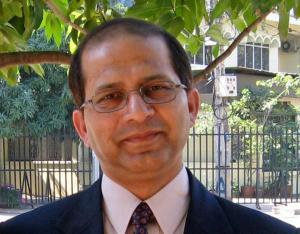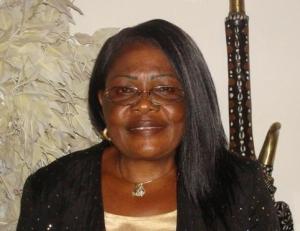The Sabin SIF team- Devendra Gnawali, Clifford Kamara, Diana Kizza, Jonas Mbwangue, Helene Mambu-Ma-Disu, Mike McQuestion, Sandra Keller and Sabin Executive Vice-President Ciro de Quadros- met in Johannesburg from 31 July to 4 Aug for a SIF Sabin Meeting and the 9th International Rotavirus Symposium. At the SIF meeting on 1 Aug, the team assessed progress to date in the fifteen pilot countries. Best practices were identified, including incorporating immunization financing into ongoing decentralization programs. Six countries increased their immunization budgets this year and five countries are currently drafting immunization legislation, reported the five Senior Program Officers.”This Program is breaking new ground”, commented Ciro de Quadros. “We are getting everyone to re-think how we work. Keep going!” Looking ahead, the SIF Program will look for ways to synergize with other BMGF-funded programs. “Our combined effect will help countries increase their investments so that, ultimately, they fully own their programs”, said SIF Director Mike McQuestion. The team also reviewed administrative issues including the recently overhauled SIF Groove workspace. Program Officer Sandra Keller brought the team up to speed on the social media front: SIF news can now be gleaned from Facebook, Twitter, Flickr and YouTube.
The 2-3 August International Rotavirus Symposium drew 365 participants from 65 countries. In opening the meeting, Sabin’s Executive Vice President, Ciro de Quadros, remarked: “There is a serious and growing need to increase access to affordable rotavirus vaccine in the developing world, where 85 percent of rotavirus deaths occur. This need is most severe in impoverished communities where access to medical care for rotavirus is often out of reach. The symposium conveners, as well as the hundreds of attendees, are committed to ensuring that universal access to rotavirus vaccine becomes a reality.”
In the various sessions, conference participants were updated on rotavirus and rotavirus vaccines. Latin American, Asian and African researchers presented the results of their vaccine studies. In the past decade an estimated 5m children died of diarrhea due to rotavirus. Merck and GSK are now producing two rotavirus vaccines. Both have been shown to reduce rotavirus severity and mortality. At least 1.6m future deaths will be prevented between now and 2020 as the two vaccines come into routine use. To accomplish this, countries and donors will have to increase their financial support. The conference closed with a Call to Action in which participants pledged to advocate for introducing the vaccines in their respective countries.












